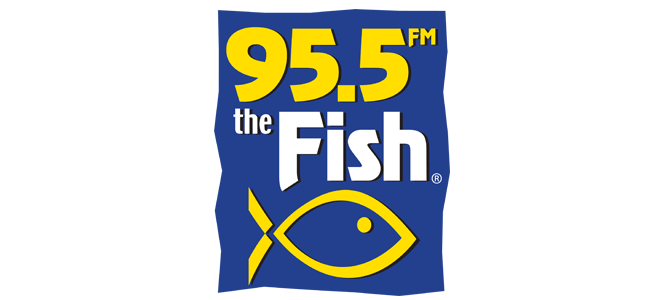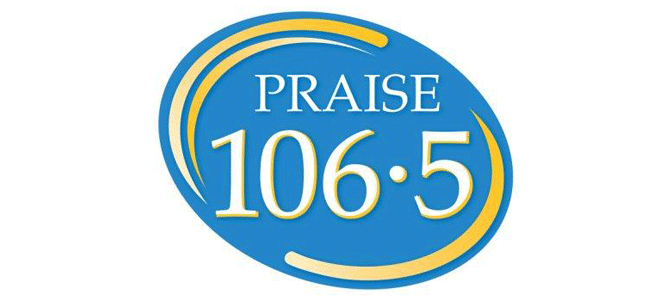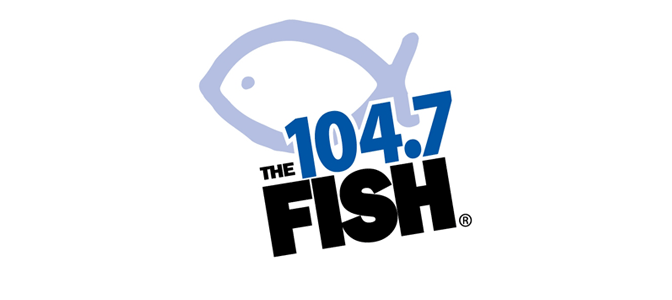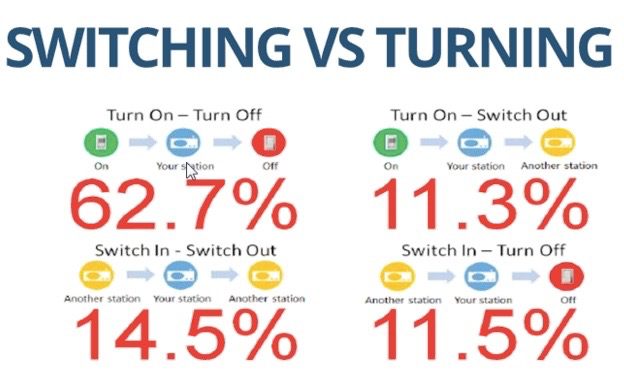Many air talents these days can be virtually crippled before they even get to the point of a break. New theories of what works best for PPM are bandied about every month – many of them “incomplete thoughts” (like the “you have to do a tease at the end of each break” virus that’s going around now) – and many of them are based on faulty (or no) research, or are simply opinion without experience to back it up.
Let’s work on that a bit…
The SIMPLEST formatics are the BEST formatics. All you really want is an efficient package of very basic things, but they should VARY from break to break. Here, in order, are the techniques to work on.
Say the name of the station first, every time. (There’s a reason the Jif label is on the OUTSIDE of the jar, not mixed in with the peanut butter somewhere.) The longer you take to identify who you are, the harder it is for the listener to remember you. And no, you can’t just rely on PPM devices to reflect that, because first of all, not every market is a PPM market, and secondly, PPM is simply the report card on listening AFTER the listener has decided to tune you in, which he wouldn’t have done if he didn’t know who you are and where to FIND you – which is easiest when they hear the name first.
To PD’s who complain that this sounds the same every time or it’s boring, I remind them that this is not a reason to hide your name. Every single time a network TV show comes out of commercials, they flash the logo on the screen, first thing. We have to do it vocally. So this means that you have to coach the jocks to say the calls like they MEAN something; like we take some PRIDE in working here. (I coach many subtle techniques for this – matching the tempo of the song, matching the emotional vibe of the song, and for advanced students, even starting on the same NOTE that the song is playing.) Burying something because you do it poorly is not the answer. Get BETTER at it, instead.
Music stations’ basics should include the Artist and/or Song Title – but not always both, and certainly not always in that order. (And sorry, but album titles don’t matter. Who buys albums anymore? We just download the 4 cuts we like from iTunes. Stop thinking like an early 1970s audiophile.)
In “drive” times, time checks should be given at least every time you stop down. DIGITAL time ONLY. “8:16,” not “16 minutes after eight o’clock.” It’s a digital world. Live in it. (I had a talent once who said “it’s twelve minutes after the hour of ten o’clock.” I told him “I don’t have TIME to listen to your time checks.”) And no “double” time checks (“3:15, that’s 15 after 3.”) The listener isn’t an idiot; stop treating him/her like one.
Your name, somewhere… not always in the same place. And not every break. Once in a while, in a song intro. Always, when you stop down.
So the template is: Name of the station first, everything else varies.
I used to write little symbols for each element (calls, artist, title, temp, time, my name), and just switch them around each break, so I didn’t repeat the same things in the same order over and over again. It worked like a charm. And of course, except for the name of the station, not every element was in every break.
Now comes the real art. With the opening “basics” out of the way, get into your Content in ONE line, two at the most. Any longer than that sounds needlessly wordy. Think “newspaper headline” (assuming that anyone remembers what a newspaper looks like).
If you do this right, you’ll be consistent, but you’ll have slight variations every break, which makes the brain receive what you say as NEW information every time. (Brainwave mapping has proven this. It’s not just an opinion. It’s called the Fourier Transform, and was developed at Cal Tech.)
It won’t take long to master this stuff – if you start NOW.
– – – – – – –
Tommy Kramer
Talent Coach
214-632-3090 (iPhone)
e-mail: coachtommykramer@gmail.com
Member, Texas Radio Hall of Fame
© 2016 by Tommy Kramer. All rights reserved.



























